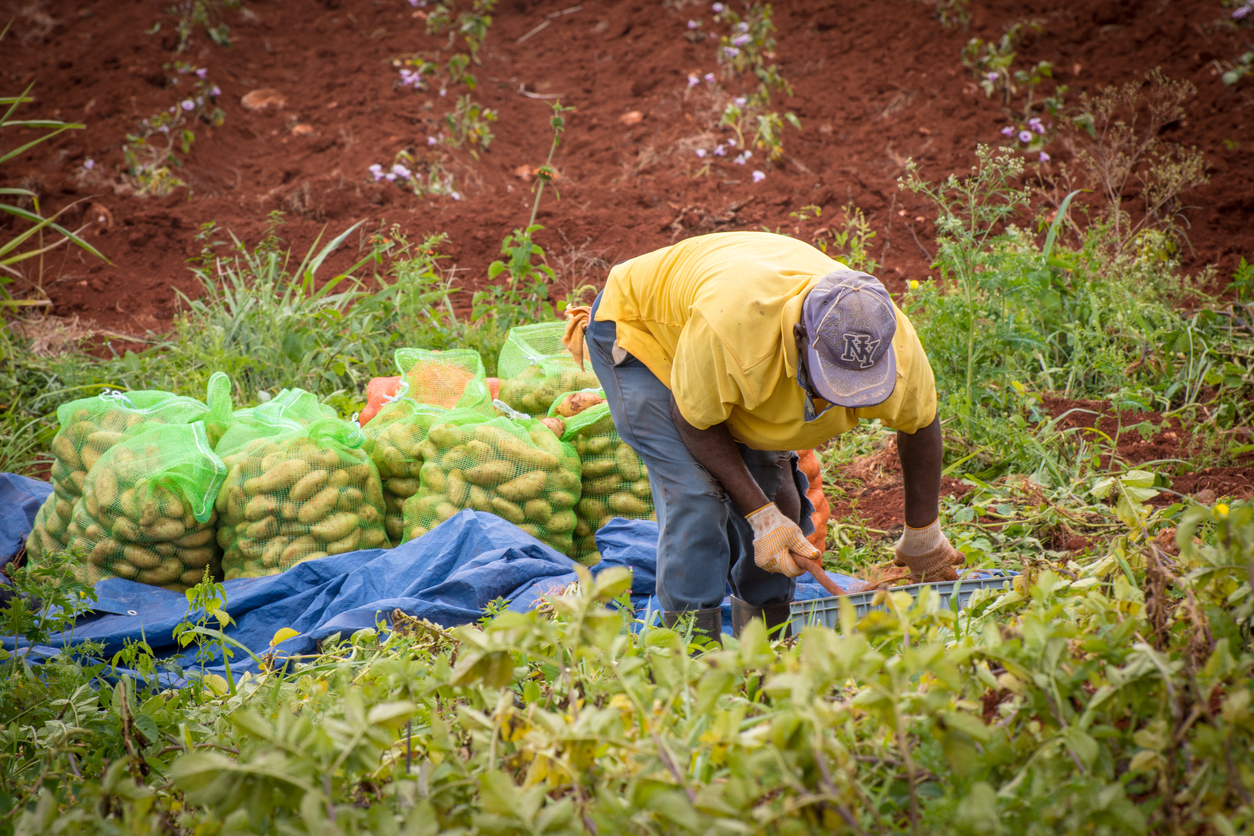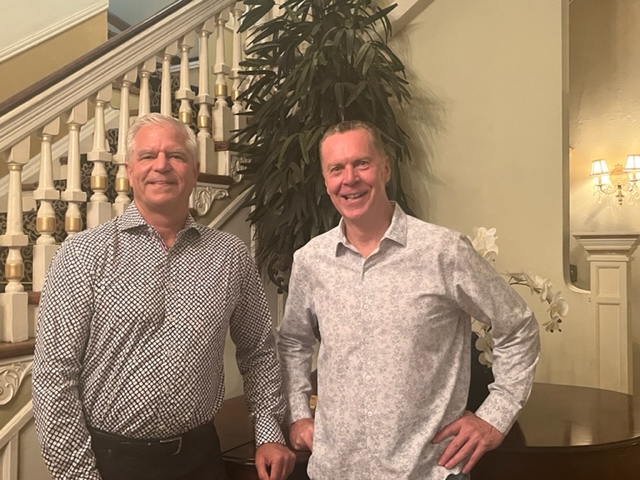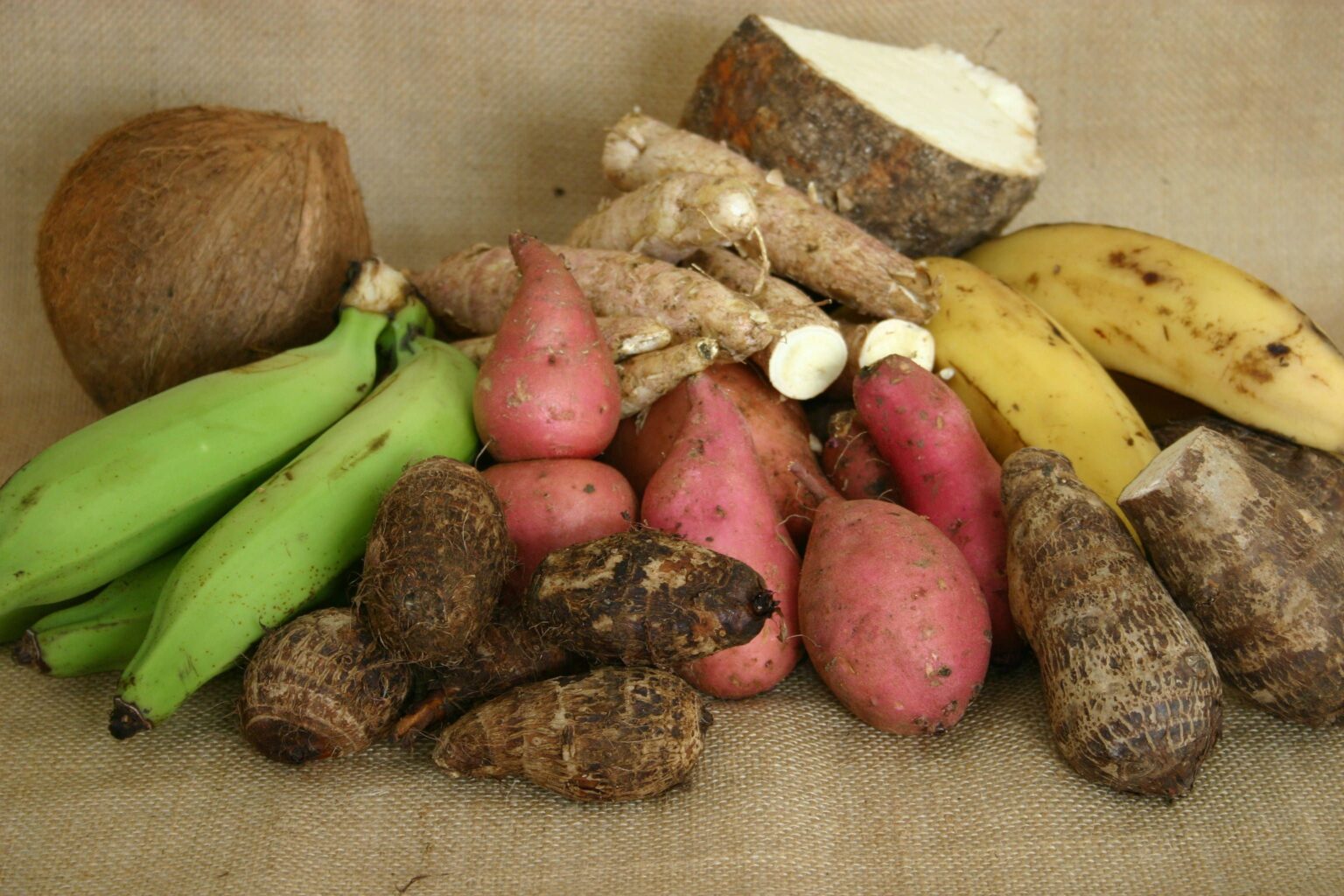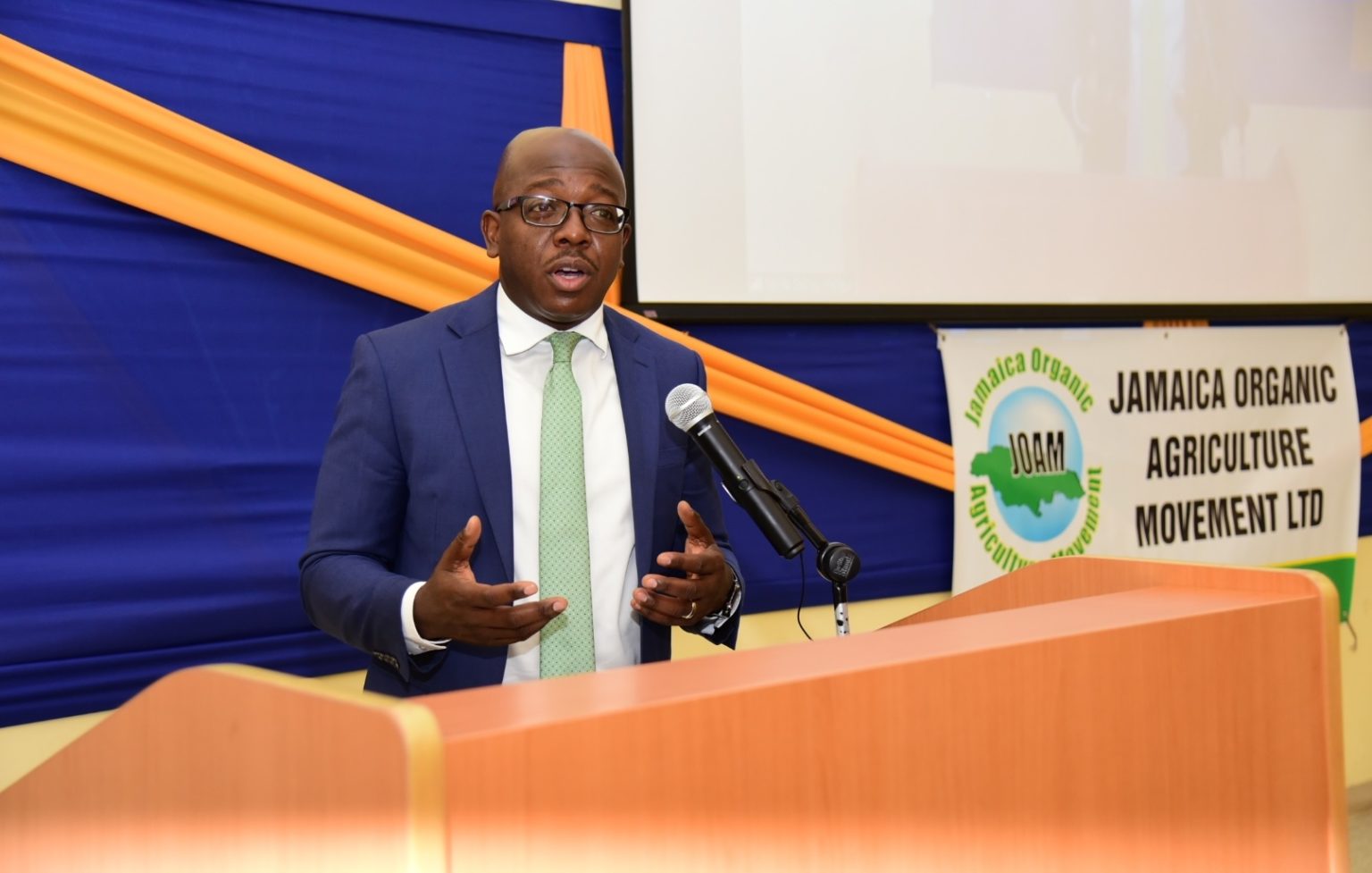Latest Press

Agriculture Ministry in discussions with HumanKind Group to partner on J’can food security programme
With Jamaica’s food importation bill increasing and natural events regularly plaguing agricultural production, a greater need for food security and sustainability must now be part of the growth agenda.
According to international merchandise trade data for January to December 2021, Jamaica’s food importation bill went up by US$97 million to US$1.122 billion.
Minister of Agriculture and Fisheries Pearnel Charles Jr earlier this week met with the Humankind Group and Four Gardens to advance discussions on collaborations for a ‘Regeneration Progra,’ that will work alongside the ministry’s food security campaign, ‘Grow Smart, Eat Smart’.
The minister had fruitful meetings with both HumanKind Group CEO Ken Hollen, and Four Gardens Global CEO Joe Risk, together with officials from JAMPRO to determine how best to utilise the best in technology and practices to drive production and productivity within the sector.
Pearnel Charles Jr consistently draws attention to the importance of Jamaica ramping up its food security, especially in light of more recent global events.
The aim of this collaboration is to enable the creation of regenerative zones (instead of just adopting ‘green’ practices, the zones are carbon negative and restorative in nature) where the welfare of the community is the primary concern.
The HumanKind Group wants to make an impact in the area of CO2 reduction, regenerative agriculture, renewable energy from biomass and resource circularity.
It has built 40 anaerobic digester plants (converting waste into energy) in 16 countries.
Speaking exclusively with Our Today, Four Gardens Global CEO Joe Risk said: “We believe our Regenerative Program is a game changer that will continue to set Jamaica apart and be a world leader in measurable sustainability.

Ken Hollen & Joe Risk
Ken Hollen (left), CEO of the HumanKind Group and Joe Risk (right), CEO of Four Gardens Global. (Photo contributed)
“Local climate-controlled organic food production that also engages the local farmer, renewable energy, waste to value, and high impact restoration projects, combined together, providing a clear path for Jamaica as a country to have a quantifiable environmental impact that goes beyond being carbon neutral to actually be carbon negative obtaining a certifiable regenerative status. Regenerative in that, the regular daily activities of a resort, a coastline or even a country are actually contributing to the restoration of the environment.”
HumanKind Group issued a statement which read: “Humankind Group and Four Gardens (HKG/4G) propose to develop, fund, implement, and manage a program to enable Jamaica to be a world leader in the emerging field of regeneration. The program is initially focused on enabling the creation of regenerative zones where the activities contribute to the regeneration of the environment and the welfare of the community.
“We are initially focused in two primary areas: (i) resorts/hotel regeneration zones with the aspiration of enabling the Jamaica tourism industry to achieve a regenerative status and (ii) new regenerative business park regenerative zones that will enable park tenants to produce their own low-cost renewable energy to enable the production of value-added products including food production using advanced production technologies, for instance.
The primary program tracks are as follows:
- Waste to value (WTV) – Food/ organic, agriculture, sargassum, and sludge waste converted to renewable energy, bioCO2, and biofertilizer products.
- Renewable energy – renewable biogas (RNG) and/or electricity from waste; options for “nature inclusive” solar, wind, and battery-based energy.
- Local, environmentally controlled agriculture (ECA) food production – fresh produce (lettuce, leafy greens, strawberries, etc.) (under evaluation)
- Ecosystem restoration and SDG/ ESG impact programs.
“The first two WTV projects under development are being developed with Campari and Hampden. Both projects will use dunder (vinasse) or dunder by-products and food/ organic waste supplied by resorts/ hotels to produce renewable energy (e.g., either renewable biogas (“RBG”) or electricity), bioCO2 (CO2 that is normally returned to the atmosphere but may be stored/ sequestered in long-life materials for example, “green” concrete), and biofertilizer products. Both projects are expected to enable substantial reductions in CO2e emissions, adverse environmental impacts, and potential increases in rum and sugar cane production.
“HKG/ 4G propose to develop, fund, and implement large-scale solar/battery production facilities (and other renewable energy projects over time) with qualified partners for two primary applications: (i) Resorts/hotels – to assist resorts/hotels and the Jamaica tourism industry more broadly to achieve a Regenerative status by, in part, transitioning from fossil fuel-based to renewable energy-based energy and; (ii) renewable business parks consisting of tenants who require low-cost renewable energy and who are committed to regenerative/ sustainable business practices. Regenerative business parks have the potential to contribute importantly to Jamaica’s economic growth and provide a key basis for local, advanced food production that typically requires low-cost energy production.

“With respect to ECA-based local food production, HKG/ 4G and its partner, Van der Houven Horticulture (a world leader in the field), plan to develop, fund, build, and operate an ECA facility capable of producing 2 million pounds per year of fresh, organic produce. We are currently working with leading resorts/ hotels to determine their procurement needs. However, over time, our aspiration is to enable locally produced fresh organic, moderately priced produce to be widely available in Jamaica. Under certain conditions, this could include discounted produce for schools and free food for those in need.
“While we intend to provide the enabling technologies, manage, and fund the Program, government support for the Program is critical for it to achieve its full potential.”
Agriculture Minister Charles Jr. again underscored the importance of taking a new approach to the agricultural sector and extract greater productivity from it.

Pearnel Charles Jr.
Minister of Agriculture and Fisheries Pearnel Charles Jr., addresses the inaugural ‘Farming as a Business’ Conference, staged by the Jamaica Organic Agriculture Movement (JOAM), at the University of Technology, in Kingston, on July 7, 2022. (Photo: JIS)
